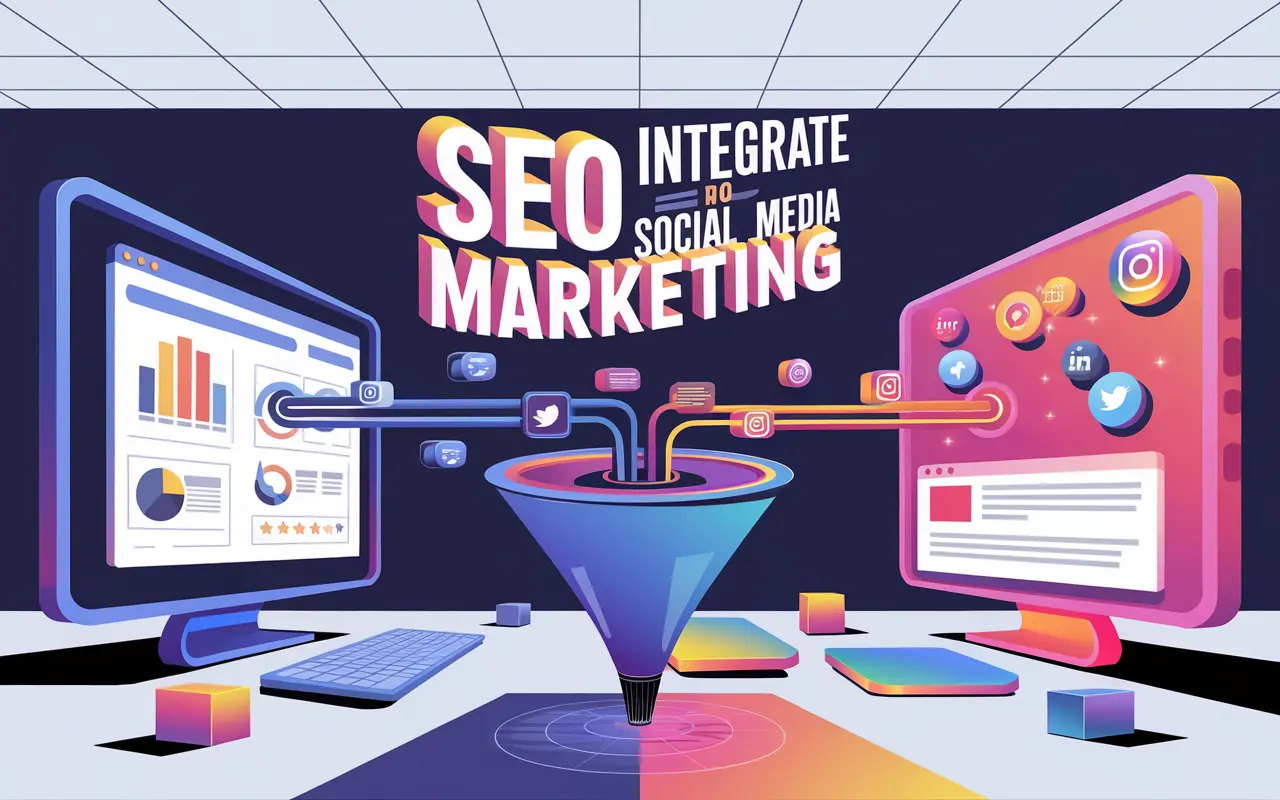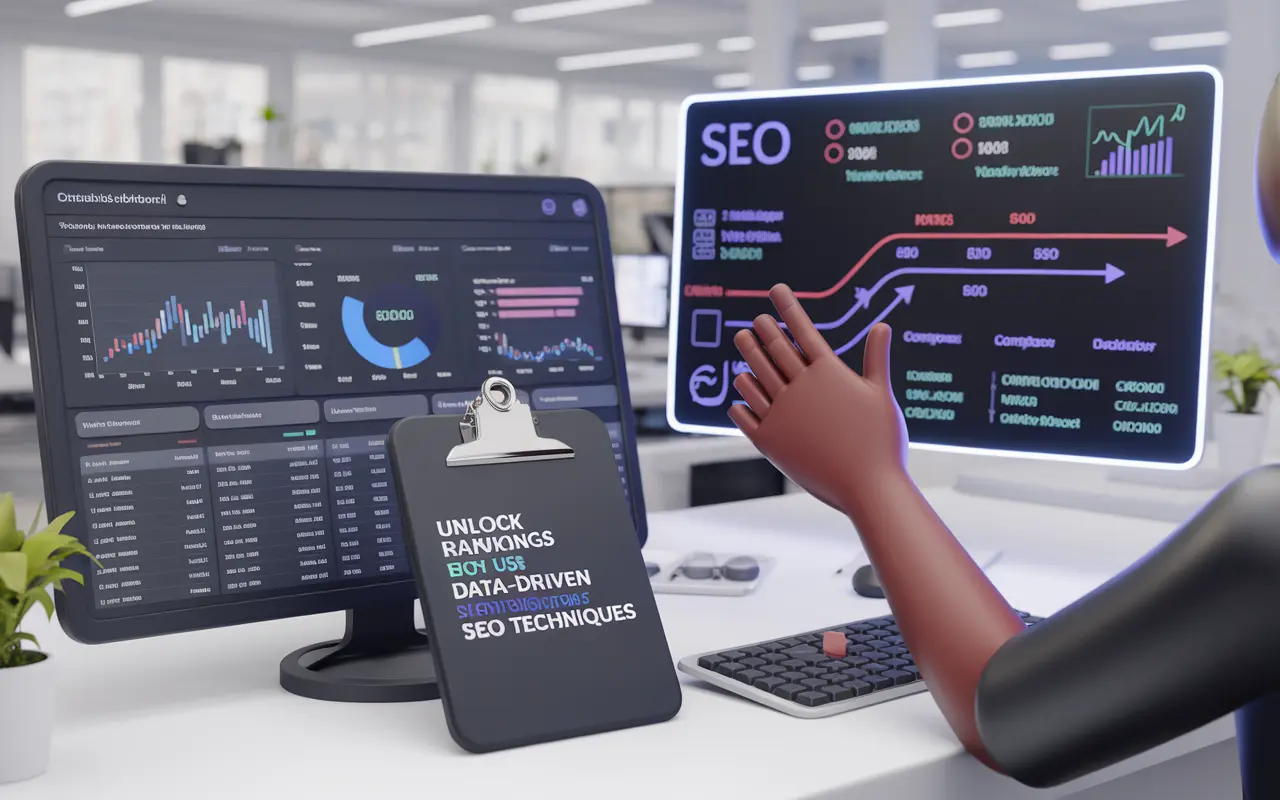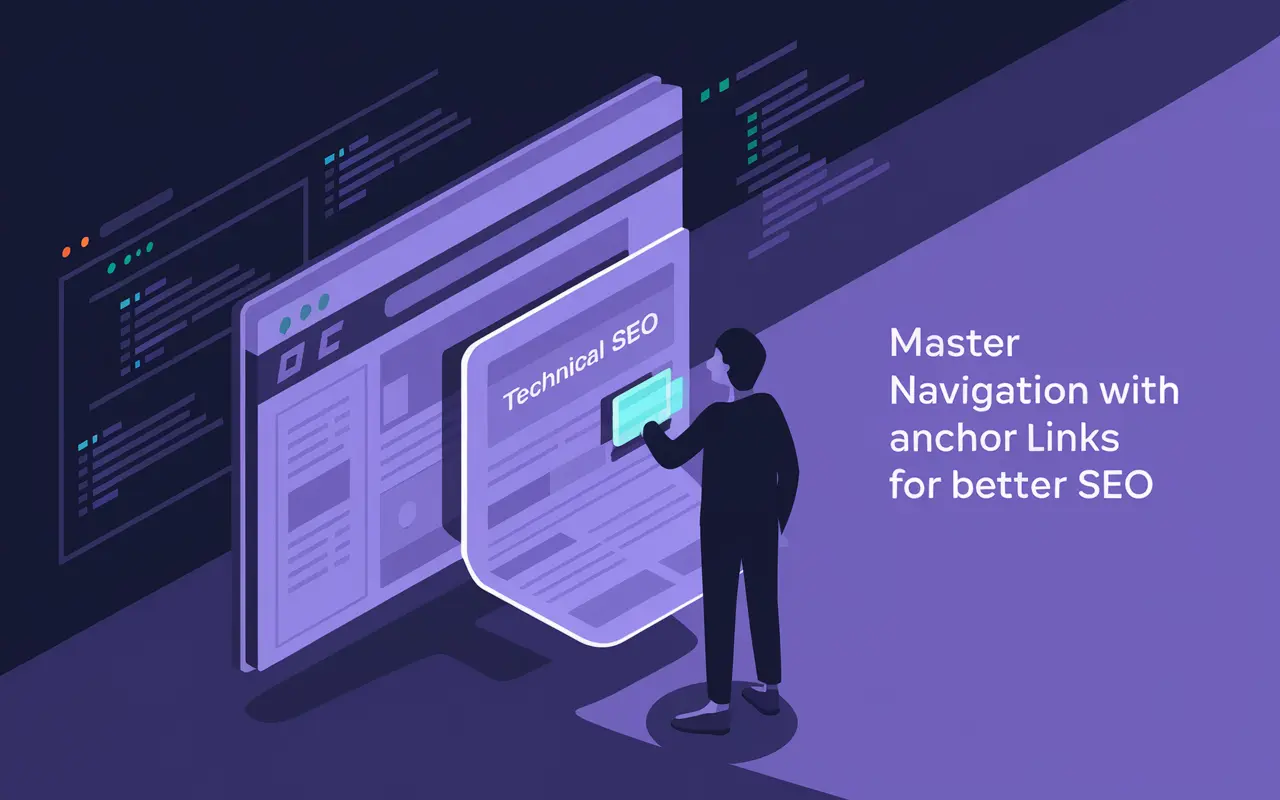What is SEO and Social Media Marketing Integration?
Integrating SEO and social media marketing involves aligning your organic search efforts with your social media strategies to amplify content visibility, increase website traffic, and boost search rankings. Instead of treating them as separate channels, this integration connects the power of search engine optimization (SEO) with social engagement to drive stronger digital performance.
When done correctly, combining these efforts can lead to more brand exposure, inbound backlinks, improved content reach, and better overall digital authority. It’s a unified marketing approach that benefits both channels and maximizes their impact.
Key Takeaway
Integrating SEO and social media marketing allows businesses to extend the reach of their content, earn backlinks organically, build brand authority, and drive long-term SEO success through amplified engagement and optimized sharing.
Why Integrating SEO and Social Media Marketing Matters for SEO Success
Social media doesn’t directly influence search engine rankings, but its impact on visibility, engagement, and backlinks contributes significantly to SEO outcomes. Here’s how this integration boosts results:
1. Drives Quality Traffic to Your Website
Social media platforms serve as distribution networks for SEO-optimized content. The more your content is shared, liked, and engaged with, the higher the chances of it driving relevant visitors to your site—who then become customers.
2. Enhances Link Building Opportunities
Viral and valuable content on social media has a higher probability of being picked up by influencers, bloggers, and journalists—resulting in organic backlinks that benefit your SEO strategy.
3. Builds Brand Authority and Search Demand
Consistent social media presence builds your brand reputation, resulting in an increase in branded searches (a strong ranking signal for Google). A well-known brand with high engagement is more likely to be favored by Google’s algorithms.
Best Practices to Combine SEO and Social Media for Maximum Impact
- Optimize Social Profiles: Ensure your profiles use brand-relevant keywords, include calls-to-action, and link back to key pages.
- Create Share-Worthy Content: Produce high-quality, keyword-optimized content that resonates with your audience and encourages sharing.
- Use Relevant Hashtags & Keywords: Align your social strategy with trending keywords and hashtags to increase discoverability.
- Promote Evergreen Content: Regularly re-share high-performing, evergreen blog posts and pages that continue to provide value and SEO impact.
- Encourage Social Signals: Engage with users to increase comments, shares, mentions—these amplify your content’s reach and its likelihood of earning backlinks.
- Leverage Influencer Marketing: Collaborate with influencers to spread SEO-rich content for broader reach and external validation.
- Track Engagement Metrics: Use social insights and engagement data to refine future SEO content and strategies.
How SEO and Social Media Integration Works
This integration works by syncing keyword strategies with content creation and social sharing. The core idea is to treat every optimized web page, blog or asset as part of a distribution and visibility plan through social channels.
Step-by-Step Process:
- Perform keyword research relevant to your audience and industry.
- Create optimized content around those terms.
- Share the content on social media channels using related hashtags and appealing captions.
- Encourage likes, shares, and comments to increase distribution.
- Track which topics and formats perform best to improve your SEO and content strategy.
Example: From Stagnant Engagement to SEO Growth – A Case Study on Integration
Problem: Low Ranking and Declining Social Engagement
A mid-sized eCommerce brand noticed that despite publishing weekly blogs, their rankings remained stagnant and traffic was trending downward. At the same time, their social presence saw low interaction and unclear messaging.
Solution: Unified SEO and Social Content Strategy
They aligned their keyword research across SEO and social media, built content that served both search intent and audience interests, and encouraged their team to promote blogs on social media using SEO-driven headlines and links. Influencers were also brought in to share high-quality pieces.
Results: 85% Increase in Organic Traffic and Doubling of Engagement
Within 3 months, the business saw an 85% increase in organic search traffic, 2x engagement on social media posts, and more than 37 high-authority backlinks from industry publications and bloggers.
Common Mistakes to Avoid in SEO and Social Media Integration
- Using Clickbait without SEO Value: Content that gets shared but doesn’t help SEO is a missed opportunity. Always keep keywords and relevance in mind.
- Not Linking Back to the Website: Posts without links to your SEO-optimized pages miss the chance to build traffic and authority.
- Inconsistent Brand Messaging: SEO and social teams working in silos can result in diluted messaging and reduced impact.
- Ignoring Social Insights: Social media provides valuable feedback on what content resonates. Leverage that for SEO optimization instead of guessing.
Comparison of SEO and Social Media Integration Benefits
| Benefit | SEO | Social Media | Combined Impact |
|---|---|---|---|
| Traffic Generation | Organic search traffic over time | Instant traffic from shares/ads | Sustained and spike-based traffic flow |
| Audience Engagement | Passive intent-based users | Active engagement, comments, shares | Increased user interaction and retention |
| Backlink Acquisition | Dependent on value-driven content | Indirect via influencer/blogger sharing | Faster exposure leading to backlink opportunities |
Related Terms
Explore these terms to broaden your understanding:
- Content Marketing: Strategic creation and distribution of content to attract and retain an audience.
- Backlink Building: Process of earning external links to improve domain authority and search rankings.
- SEO Strategy: A long-term plan focused on improving a website’s visibility in search engine results.
FAQs About Integrating SEO with Social Media Marketing
Not directly. Google doesn’t count social shares as ranking factors, but the visibility and engagement driven by social platforms can lead to backlinks, higher traffic, and brand signals that do impact rankings.
Share SEO-optimized content, use relevant hashtags and keywords, engage audiences, and collaborate with influencers to increase content visibility and earn backlinks.
Platforms like LinkedIn, Twitter, and YouTube are highly effective due to their indexable content and professional audiences, which often translate into quality traffic and backlinks.
Yes. A collaborative strategy ensures consistent messaging, efficient resource usage, and improved performance across both channels by leveraging common goals and data insights.
Conclusion
Integrating SEO and social media marketing offers businesses a strategic advantage by blending the long-term visibility of SEO with the real-time engagement and reach of social platforms. Whether you’re a brand looking to grow authority, a marketer seeking traffic, or an entrepreneur after consistent content ROI—this combination creates a powerful synergy. For more in-depth strategies, visit our full SEO Services page at Digidream.






